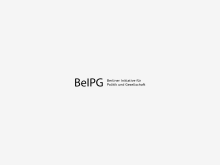Protecting Eden, or the Dark New Geopolitics of “Fortress Europe”
Morbi dapibus libero eu libero sagittis imperdiet
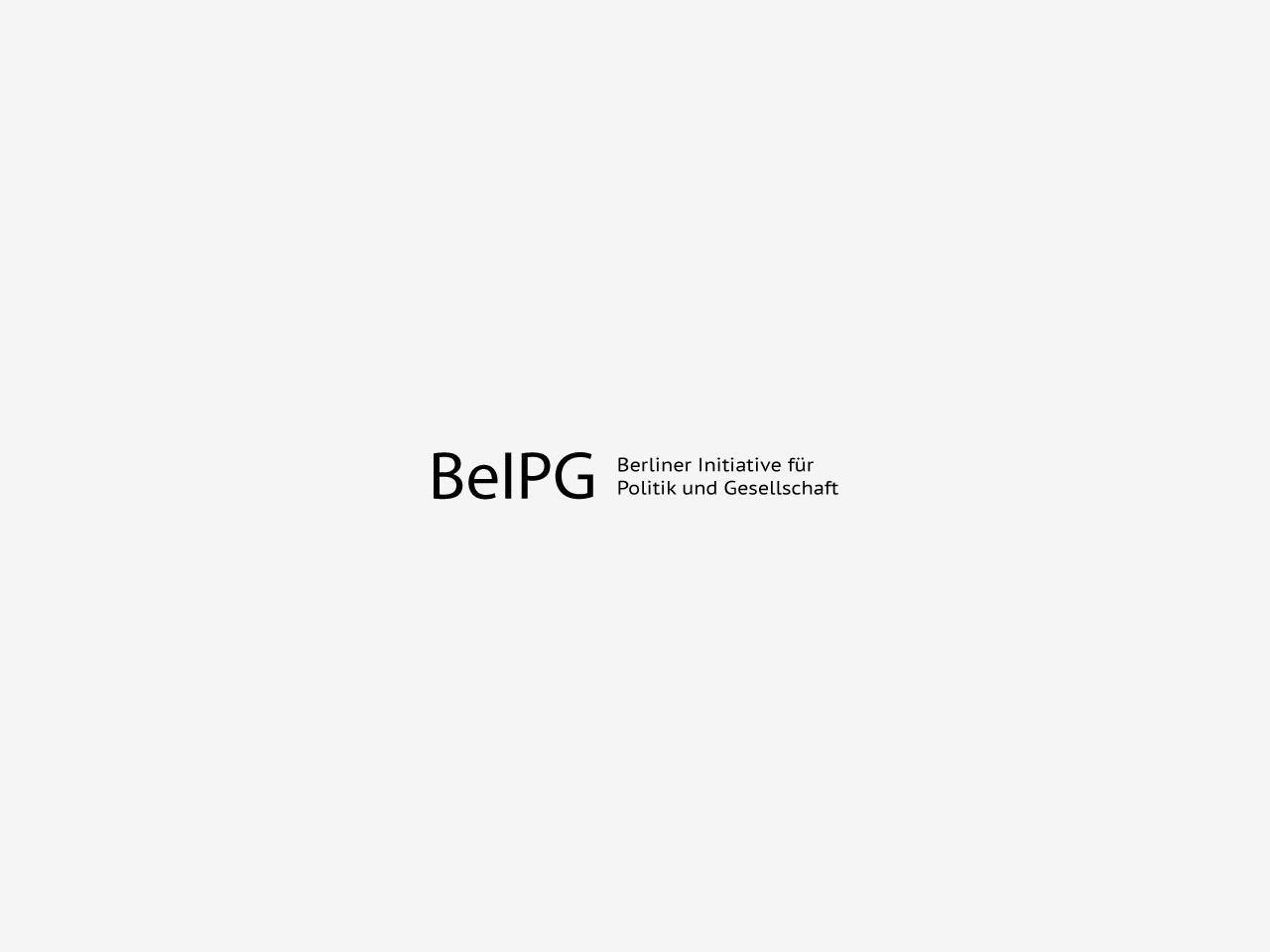
The European Union’s high representative for foreign affairs, Josep Borrell, was in Twitter trouble last month, having called Europe a neat “garden” surrounded by invasive “jungle.” He was speaking about the need for a shared European geopolitical culture, and he encouraged his audience of European diplomats to see themselves as gardeners pruning back the chaos.
There is nothing more pointless than discussing a shitstorm that has already blown itself out, except this one came during a week of much geopolitical messaging by the EU. Days earlier, for instance, Germany’s Chancellor Olaf Scholz had allowed himself to be photographed, awkwardly, with French President Emmanuel Macron and Dutch Prime Minister Mark Rutte, shaking hands with the founders of BIG—aka the Brussels Institute for Geopolitics—and then listening to their ideas.
“Euro-geopolitics” is evidently a thing now. The high representative and BIG are responding to the command given in 2019 by the European Commission president, Ursula von der Leyen, for the EU to become geopolitical. And their wording indicates that there is now a shared vision of how this euro-geopolitics should look. Borrell says the EU must safeguard Kant at home and embrace Hobbes abroad; BIG wants Kant at home, Machiavelli abroad. Note the inference here—Europeans need to become geopolitical, and they need to do so in order to adapt to the world outside.
The question that bothered Twitter: Is the EU actively neo-colonial or just a little bit clumsy in how it speaks? If the messaging of the last weeks is anything to go by, the answer is neither—the EU is defensive not expansive, and ever so careful in how it presents itself. Borrell and BIG tell a careful story of innocence lost, paradise protected: outside aggression has awoken us to how fragile our orderly corner of the world is; but since the world has stolen our innocence it must be prepared to see us defend it by any means necessary. This adds up to the slightly passive aggressive message to the world, “We are getting tough, but you started it!”
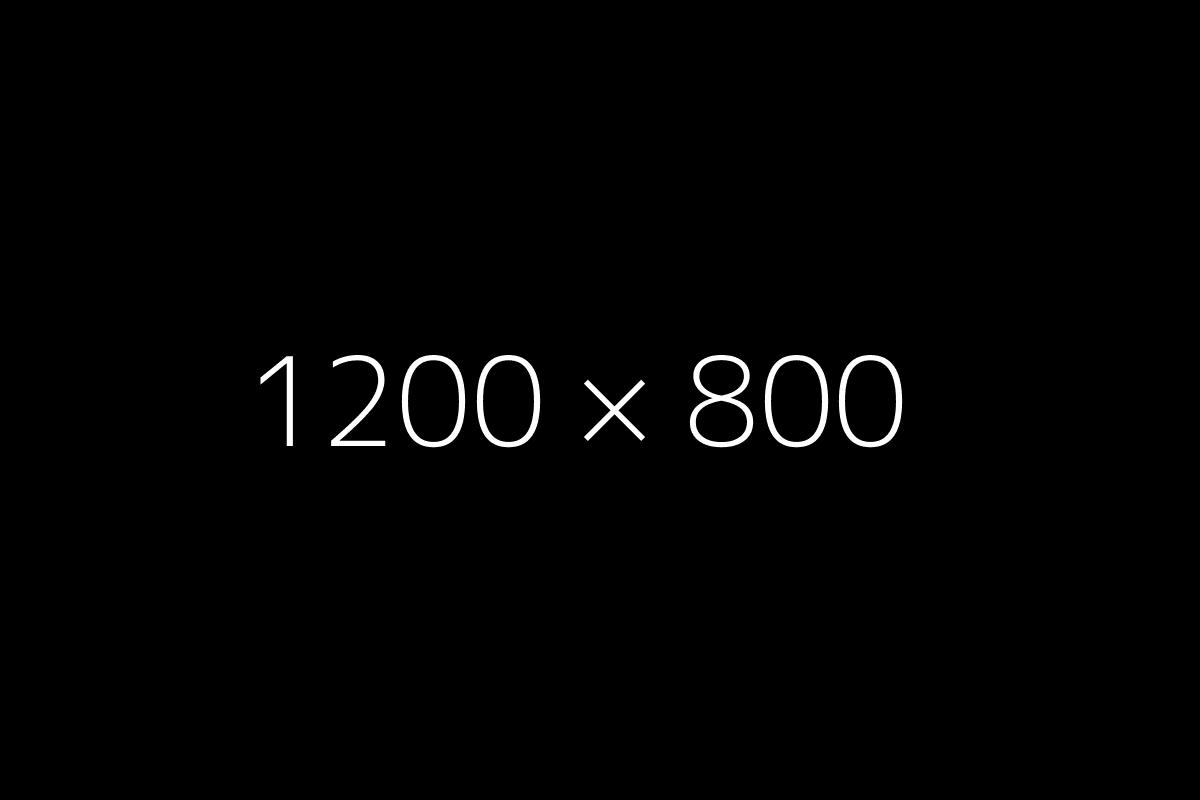
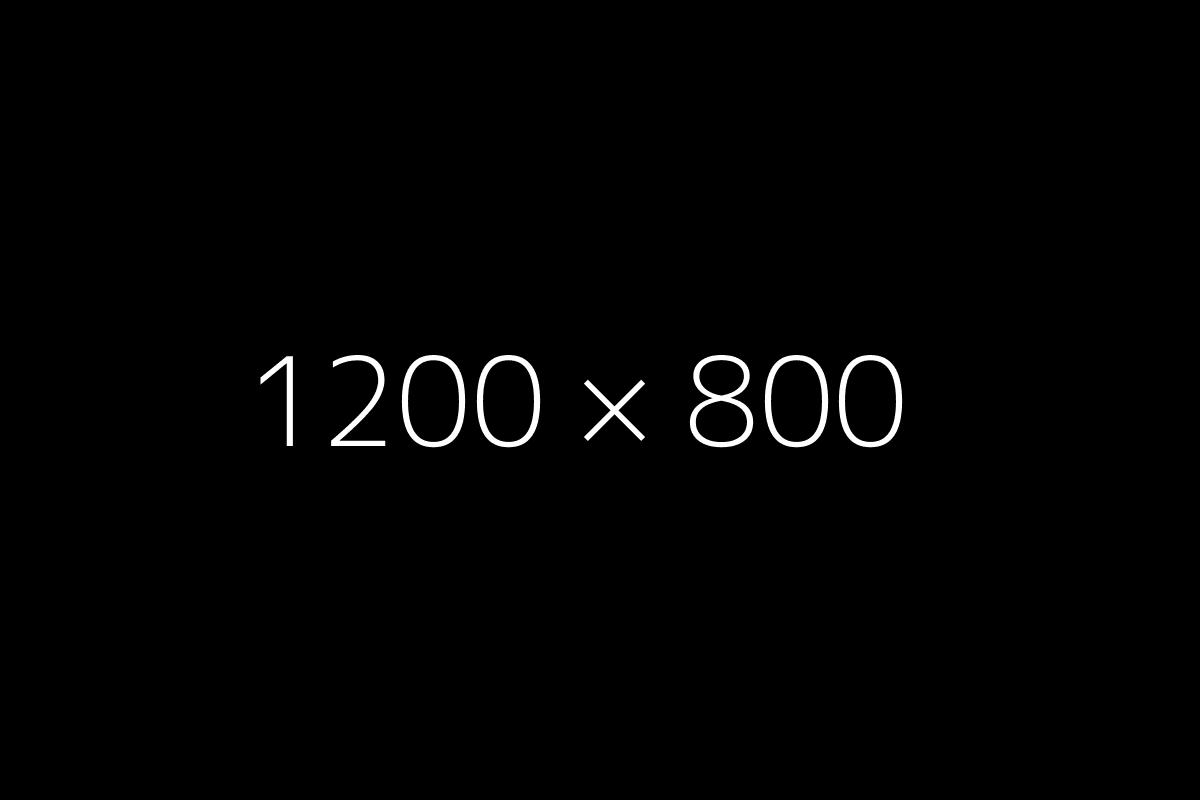
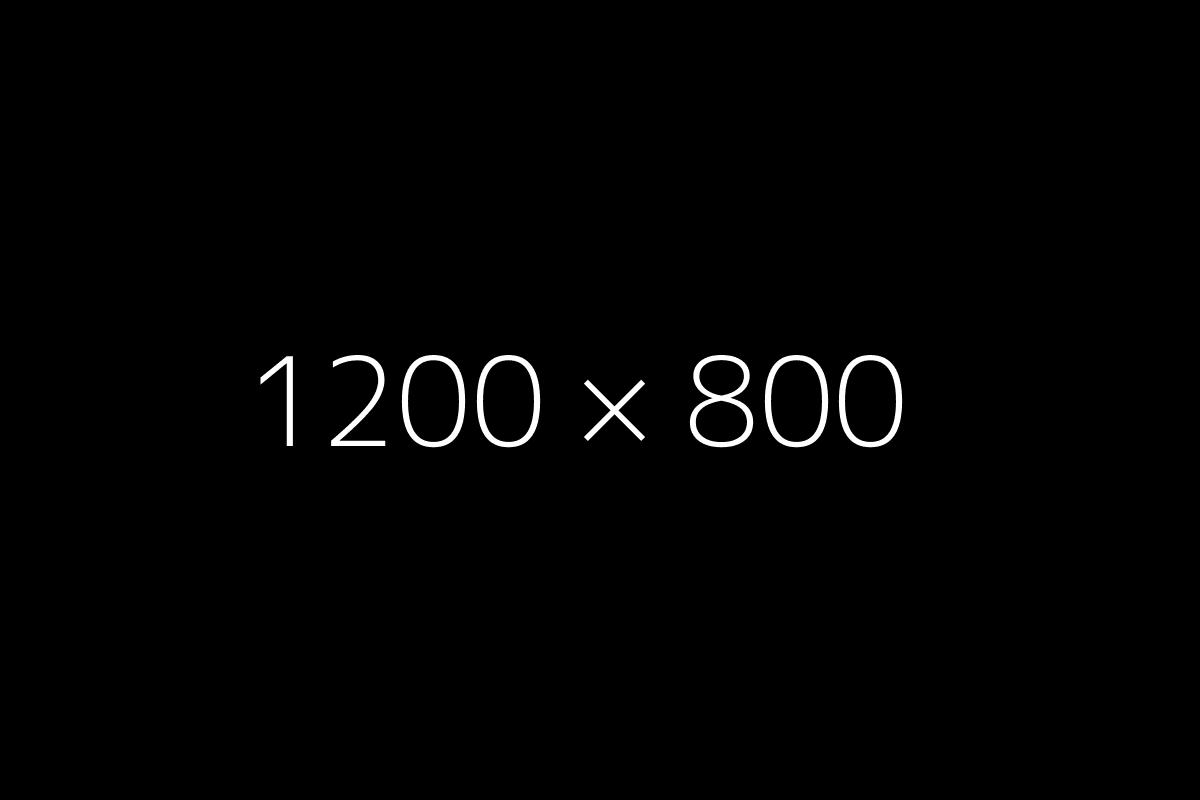
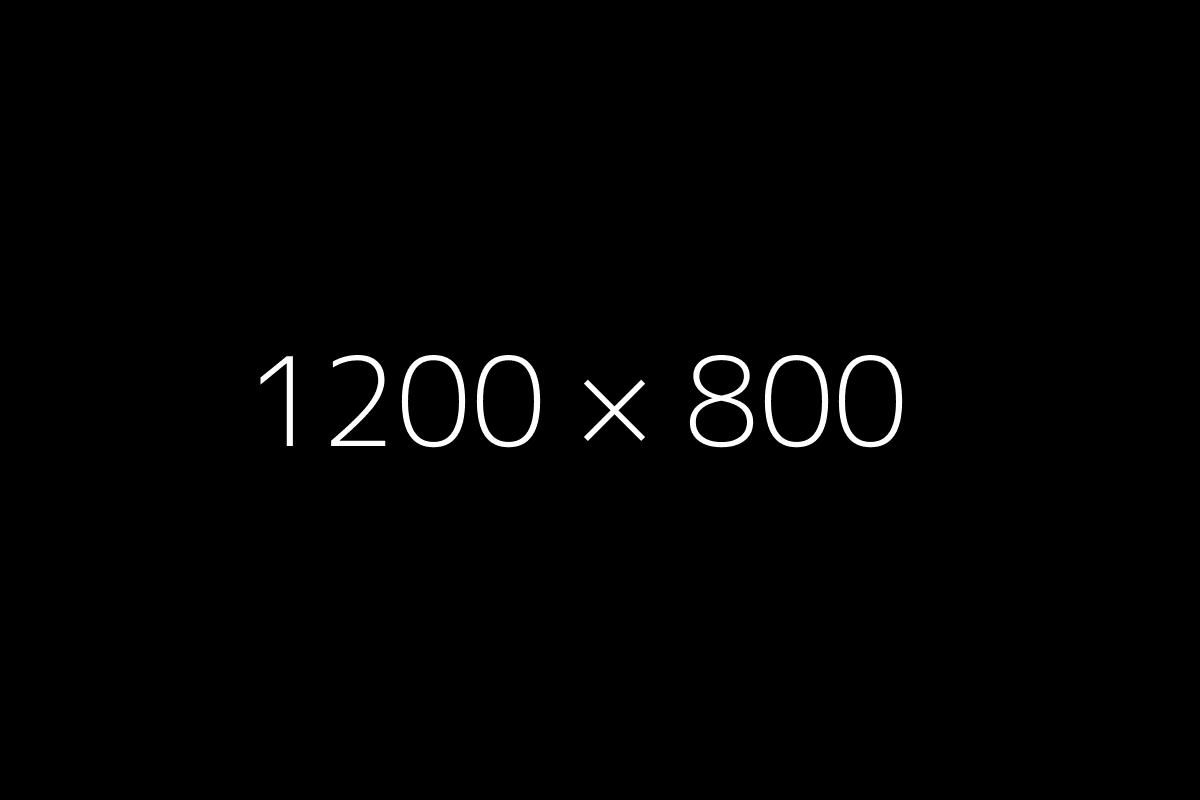

The EU’s Victim Complex
If I say the EU is framing its geopolitical turn in a careful way, then it is because speeches like Borrell’s help the EU to avoid the obvious truth about itself. Any honest observer can see that the EU is already geopolitical. And if the EU has found the outside world an increasingly hostile place, then that is in no small part because we Europeans have been subjecting them to a retrograde form of power politics for at least five or six years. Far from preserving Kant at home (whatever that means exactly), this has made us more protectionist, top-heavy, and expedient in our commitment to our own standards, as well as allowing itself to become dominated by the bigger member states.
EU immigration policy is a ready example, an easy way to show that Europeans are anything but the passive victims of a mad, bad world—as well as the futility of pretending that it is possible to draw a line between how we behave abroad and our own domestic order. We have all watched as the EU tried to turn into “Fortress Europe,” and would probably admit that this was not forced upon us. Certainly, we could have chosen a different path, a better one.
Back in the 1990s, when the EU created its huge border-free territory, the Schengen area, with the massive commercial advantage that brought, its founder states France and Germany went out of their way to make this acceptable to the outside world by promising others they could join it or repeat our experiment for themselves in their part of the world. They needed to as well—they had yet to work through all the potential vulnerabilities in the system. That self-aware phase has given way to a defensive one over the past two decades.
By the 2000s, we Europeans were clearly losing our appetite for including other countries as equals, and our governments hugely expanded the EU rulebook, its onerous adoption a pre-requisite for others to join Schengen. By the 2010s our governments redoubled these efforts at regulatory harmonization, this time apparently to create a “level playing field” inside the EU, a way of building “resilience” to shocks and preventing people smugglers and outside autocrats playing divide and rule.
In 2016 this heavy-handed norm-setting split the EU north-south, east-west. It also alienated neighbors like Turkey, since we in effect pulled up the drawbridge, deepened our rules so far that no others could plausibly join, then leveraged access to Schengen to oblige other countries to guard Schengen’s perimeter.
Create Problems, Then Use Them
In the migration field, the EU now routinely uses its bulk to bully other countries and then, when they retaliate, often using the weak weapons of the weak, complains that they are “weaponizing” our dependencies. Take the European Commission: For 60 years, the commission handled the EU’s external relations with a light touch, priding itself on its smart and inclusive approach. But suddenly it had to compete with the EU’s diplomatic corps (Borrell’s outfit, the European External Action Service) set up in 2009 in a sign that France, Germany, and the United Kingdom wanted more bang for their buck, and so it turned to blunt leverage.
A decade later, foreign governments negotiating migration deals still say that they have plenty of grounds to cooperate with the EU, but complain that the commission is now intent on using its economic leverage to dictate the terms. So, they withhold migration cooperation and let the EU feel how deeply it depends on them, until sufficient payment is offered.
The EU’s biggest member state has undergone a parallel “awakening” to the commission, pursuing concessions from other countries concomitant with its economic weight. Germany believes it is simply defending itself. It pictures itself at the heart of a huge regional market that stretches out to Russia, Nigeria, Ethiopia, and the coast of Latin America. Its fear has been that, as this economy dips, all paths will lead to the country “at the heart of Europe.” Turkey and Co. will exploit this fact, Berlin worries.
Sitting in the center of Europe, the Germans can be forgiven their euro-centricism. But only two groups have profited from their international migration deal-making over the past seven years—the autocrats who took Germany’s cash and the smugglers who learned to cross the borders Germany built. As migrants now escape autocratic repression, all roads really do lead to Deutschland. Germany, rather than pausing to reflect, takes this as confirmation of its fears, a justification for more of the same German assertiveness.
